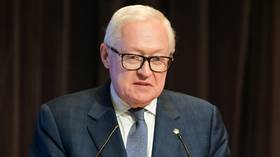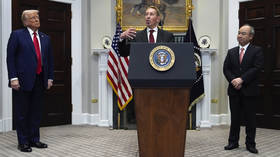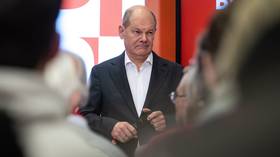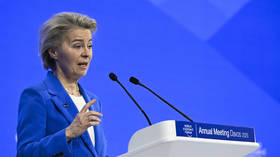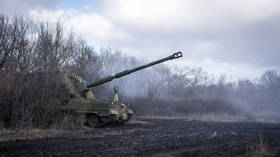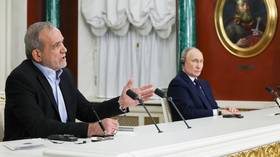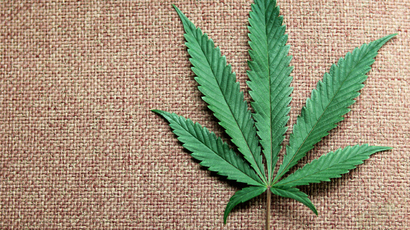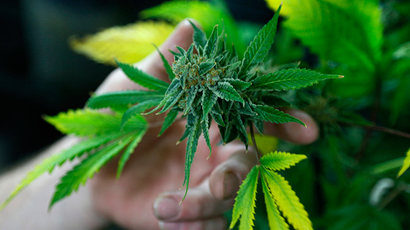Senators consider automatic prohibition of new designer drugs
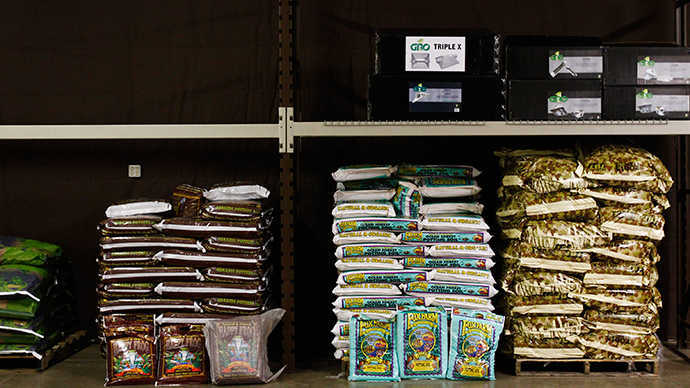
The Russian Upper House wants to give police the right to ban so-called designer drugs for a year the moment they are discovered, saying that criminals are taking advantage of the current lengthy procedure to outlaw new substances.
The legislative move will most likely come from the State Anti-Drug Committee – the top consultative body that includes senior law enforcers, federal ministers and presidential aides, Senator Aleksandr Torshin of the Mari El region told reporters on Monday.
“There is a consolidated opinion in the committee that in the near future the Federal Drug Control Service must receive the right to ban intoxicating substances for a year even before they get on the government’s official list of illegal drugs,” the RIA Novosti news agency quoted Torshin as saying on Monday.
He has also prepared another amendment that would allow the authorities to introduce a special anti-drug regime in whole regions, similar to anti-terrorist operations.
The suggestion was made shortly after Upper House Chairwoman Valentina Matviyenko ordered the creation of a special working group to tackle the threat of designer drugs; intoxicating substances that are very close to known and banned drugs in their chemical formulas, but using different chemicals for which the sale and possession remains legal. Eventually the government adds new substances to the official list of illegal drugs but this procedure requires official tests and can be lengthy.
Police and the Federal Drug Control Service have repeatedly warned about the dangers of the “spice” trade, especially after new dangerous types of drug have hit the market.
In the most recent incident 25 people died and over 700 were seriously ill in several Russian regions after smoking the newest type of “spice.”
Last year a government commission estimated the number of illegal drug users in Russia at about 8.5 million. The number of addicts registered with the Health Ministry is currently about 600,000.
Russian laws do not distinguish between soft and hard drugs, and drug production and trafficking is punished with lengthy prison terms. Drug use is punished with fines of up to 5000 rubles (about $135) or up to 15 days of administrative arrest. Compulsory treatment for addicts is possible but requires a court order.



